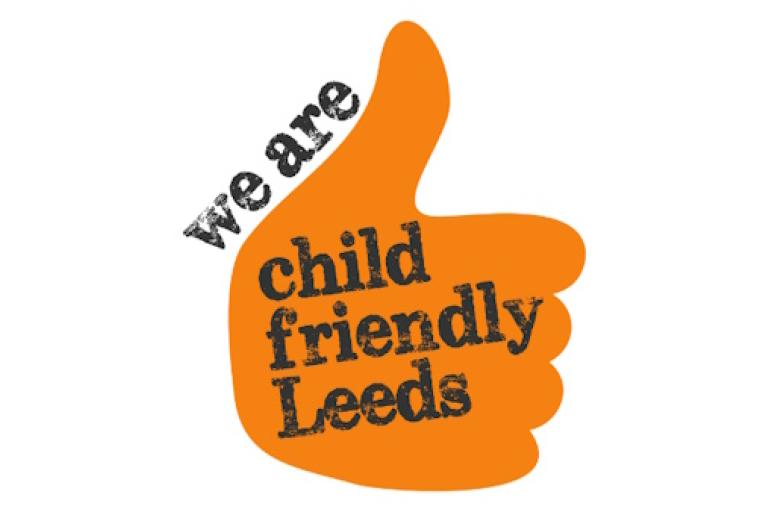What is the child and family assessment
The Child and Family Assessment (sometimes referred to as a CAFA) is the assessment used by children's social workers in Leeds to understand a child or family's presenting issues and the impact on the child(ren) in the context of the whole family. Nationally, this is known as a Single Assessment.
As noted in Working Together to Safeguard Children (2023), the purposes of social work assessments are to: gather important information about a child and family; analyse their needs and/ or the nature and level of any risk and harm being suffered by the child, including where harm or risk is from outside the home; provide support to address those needs, improve their welfare and ensure they are safe; and identify support from within the family network.
Timescales for a child and family assessment
The assessment must be completed within a maximum of 45 working days, but ideally will be completed more quickly. The team manager will undertake a review at 10 working days to consider how much more time and information is needed to complete the assessment.
What needs to be included in the child and family assessment
The assessment should be focused on and capture the child's individual needs including understanding of their culture and identity in the context of their family.
The areas explored are informed by the three domains of the Assessment Framework triangle: Child Developmental Needs; Family and Environmental Factors; and Parenting Capacity (Department of Health, 2000).
Any identified support needs should be addressed during the course of the assessment and practitioners should not wait until the end of the assessment to explore support.
Within the assessment, the social worker needs to evidence that they have:
- secured parental consent, unless there is a significant risk to the child(ren) and the assessment is being completed as part of a Section 47 enquiry
- considered the needs and risks and their impact for each child in the household
- seen children alone and observed them with their caregivers
- spoken to both resident and non-resident parents and their partners, particularly if they live in the home and/ or play a significant role in the child's life
- recorded the views of both the child(ren) and the parents on the presenting issues and reason for the referral
- considered both strengths and safety measures within the family
- ensure that any previous referrals and history are analysed, and where appropriate establish any themes or patterns
- explore wider family, network support and any adults who are frequent visitors to the family home
- liaised with and gathered information from any services or practitioners working with the family.
Features of good quality assessments
Good quality assessments:
- address the presenting issue whilst linking back to relevant past concerns
- are child-centred and rooted in child development
- are ecological in their approach (an understanding of the child is located within the context of the family, community, and culture)
- take account of a child's identity including ethnicity, gender identity, religion, culture, and disability - including those that are not visible
- involve working with children and their families
- focus on the child(ren)'s lived experience and impact on them, including observations of the child(ren)
- take account of each parent's own childhood experiences and any potential impact on their parenting capacity, experience, and knowledge of support services
- are interagency in their approach to assessment and the provision of services
- are a continuing process, not a single event
- separate out facts from opinions
- provide critical analysis, incorporating the available facts, evidence, and observations to develop a deep understanding and perspective of the issues
- are grounded in evidence-based knowledge and clearly stipulate where comments relate to professional opinion
- provide clear recommendations including creating plans, identifying services and signposting for support
- reflect - where appropriate - on theory which informs the practice and establishes professional credibility
What practitioners should do
Child and Family Assessments are carried out by qualified social workers working to ensure completion within the 10 day or 45 day timescales.
The assessment work is likely to include consultation with practitioners from other agencies; anyone consulted to contribute to an assessment should prioritise this and provide their input and information in a timely way, to ensure that the assessment is as robust as possible and that the child, young person and their family can be helped and supported appropriately.
More information
A practitioner guide to undertaking child and family assessments is available via the Leeds Social Work Service Procedures Manual.
The Leeds Safeguarding Children Partnership (LSCP) website has a useful practitioner toolkit: Ten ways to improve assessments.
Printable version
